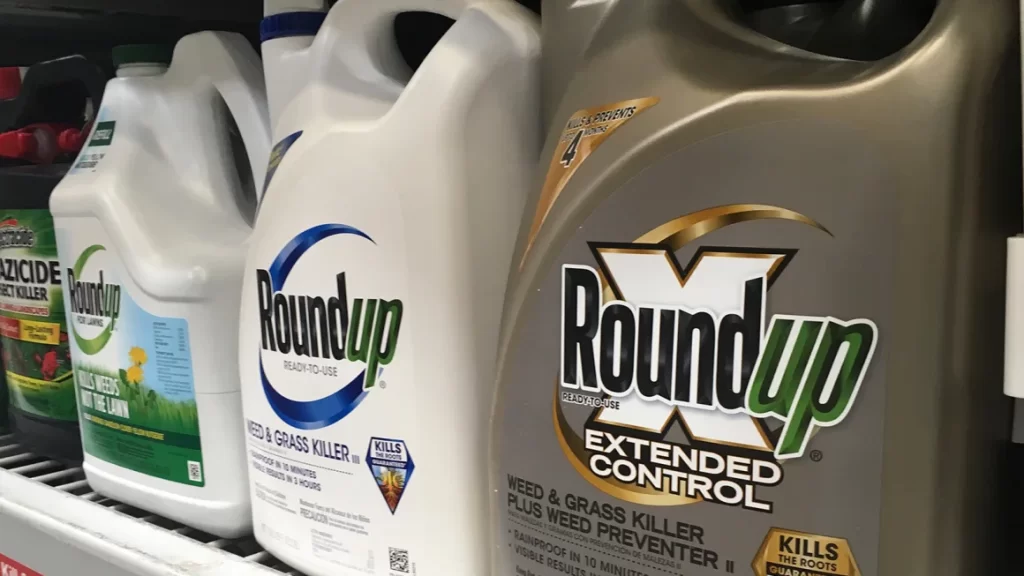A Georgia jury has awarded nearly $2.1 billion in damages to a man who claims Bayer’s Roundup weed killer caused his cancer, marking another significant legal setback for the company. The verdict includes $65 million in compensatory damages and $2 billion in punitive damages, representing one of the largest settlements in Roundup-related litigation.
Plaintiff John Barnes sued Monsanto, now a Bayer subsidiary, in 2021, alleging that Roundup caused his non-Hodgkin’s lymphoma. His attorney, Kyle Findley, stated the verdict will help Barnes access necessary medical treatment and expose Monsanto’s alleged disregard for public safety.
Bayer, which acquired Monsanto in 2018, continues to deny that Roundup causes cancer. However, the company faces over 177,000 lawsuits related to the herbicide and has set aside $16 billion for settlements.
In a statement, Bayer argued that the verdict contradicts scientific evidence and regulatory assessments worldwide, reiterating its confidence in Roundup’s safety. The product is designed for use with genetically modified crops, allowing farmers to increase production while reducing soil tillage.
While some studies link glyphosate, Roundup’s key ingredient, to cancer, the U.S. Environmental Protection Agency (EPA) maintains it is not likely carcinogenic when used as directed. Nevertheless, numerous lawsuits allege Monsanto failed to warn the public about the product’s potential risks.
Findley accused Monsanto of concealing evidence and disregarding scientific studies linking Roundup to non-Hodgkin’s lymphoma. This verdict is his team’s fourth victory in Roundup-related cases, following a $2.25 billion award in Philadelphia earlier in 2024.
Bayer, however, highlights its success in 17 of the last 25 Roundup trials and notes that some damage awards have been reduced. The company is actively pursuing legislation in several U.S. states to protect pesticide manufacturers from liability if their product labeling complies with EPA regulations.
Industry supporters argue these legal costs are unsustainable and threaten Roundup’s availability, while opponents contend such legislation would limit corporate accountability.



